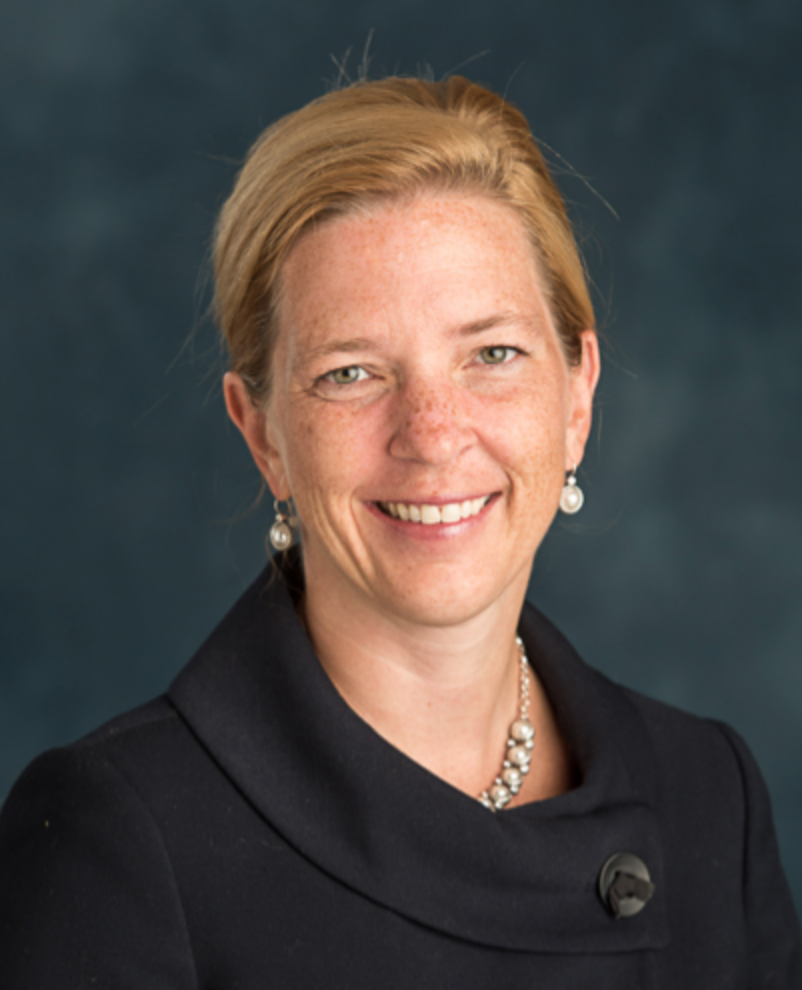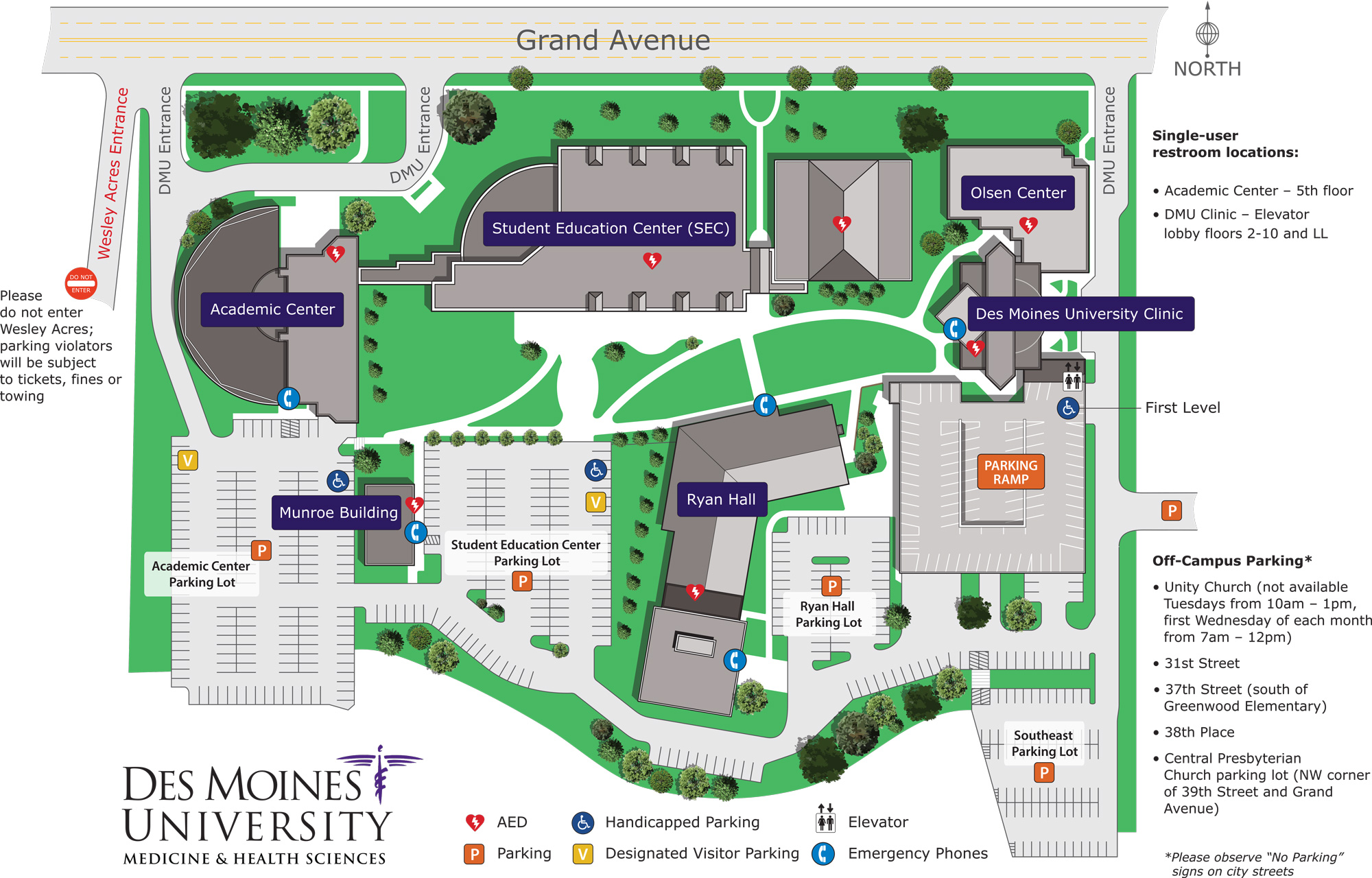Moving USMLE Step 1 After Core Clerkships: Rationale, Challenges and Early Outcomes

| Registration |
|---|
|
Series Description
Basic science education in the medical curriculum is facing a challenge. Despite the fact that health science curricula teach foundational science integrated with clinical science, lecture halls are essentially empty and students rely more and more on review books to prepare for USMLE Step 1. How can basic science instruction continue to fulfill its mission of providing a scientific approach to the practice of medicine? The IAMSE spring series is addressing this question by presenting several new approaches to improve foundational science instruction beyond integration with the clinical sciences. After an introduction that describes the challenge and proposes new roles for basic science educators, the audience will learn from the experiences of a lecture-free curriculum, from a curriculum with foundational science instruction during the clerkship years and from schools who place USMLE Step 1 after clinical clerkships. Finally, the audience will hear the latest status on the role and impact of USMLE Step 1 on medical education. The series will provide participants with a better understanding of the issues and current trends in novel foundational science curricula.
Webinar Description
Schools undergoing curricular reform are re-evaluating the optimal timing of Step 1. Historically, students have completed the exam immediately following the basic science curriculum. A small but growing number of schools have moved Step 1 after the core clinical clerkships, citing a number of reasons for the change, including promoting long-term retention and understanding of basic science concepts. As schools undergo curricular transformation, educators are looking to peer institutions to share their experience and lessons learned. They are also seeking data to guide decisions. In this webinar, Dr. Daniel will review the reasons to consider a change, the potential hurdles one might encounter, and the findings of recent studies. This will serve as a springboard for dialogue surrounding the optimal timing of Step 1.
Speaker
 Michelle Daniel, MD, MHPE, FACEP, is the Assistant Dean for Curriculum and Associate Professor of Emergency Medicine and Learning Health Sciences at the University of Michigan Medical School. She obtained her medical degree from Johns Hopkins Medical School in 2002 and her Masters in Health Professions Education from Maastricht University in the Netherlands in 2016. Dr. Daniel is known for her work in the area of clinical skills education and is Past-President of the Directors of Clinical Skills Courses (DOCS). She currently serves on the board of Best Evidence in Medical Education (BEME) and directs the Michigan BEME International Collaborating Center. Her current scholarly interests include the optimal timing of USMLE Step 1, systematic reviews, and clinical reasoning.
Michelle Daniel, MD, MHPE, FACEP, is the Assistant Dean for Curriculum and Associate Professor of Emergency Medicine and Learning Health Sciences at the University of Michigan Medical School. She obtained her medical degree from Johns Hopkins Medical School in 2002 and her Masters in Health Professions Education from Maastricht University in the Netherlands in 2016. Dr. Daniel is known for her work in the area of clinical skills education and is Past-President of the Directors of Clinical Skills Courses (DOCS). She currently serves on the board of Best Evidence in Medical Education (BEME) and directs the Michigan BEME International Collaborating Center. Her current scholarly interests include the optimal timing of USMLE Step 1, systematic reviews, and clinical reasoning.

Des Moines University is located on a 22-acre campus in the heart of Des Moines, Iowa. Just west of downtown on Grand Avenue, the University is located in one of Des Moines' most prestigious neighborhoods. The campus is in a historic neighborhood filled with tree-lined streets and gracious older homes and businesses. Its central location makes it easy to access the rest of the city and outlying communities. The campus is close to the Des Moines International Airport, located on the bus line and just blocks from local shopping and downtown Des Moines.

Available Credit
- 1.00 CE Contact Hour(s)

 Facebook
Facebook X
X LinkedIn
LinkedIn Forward
Forward